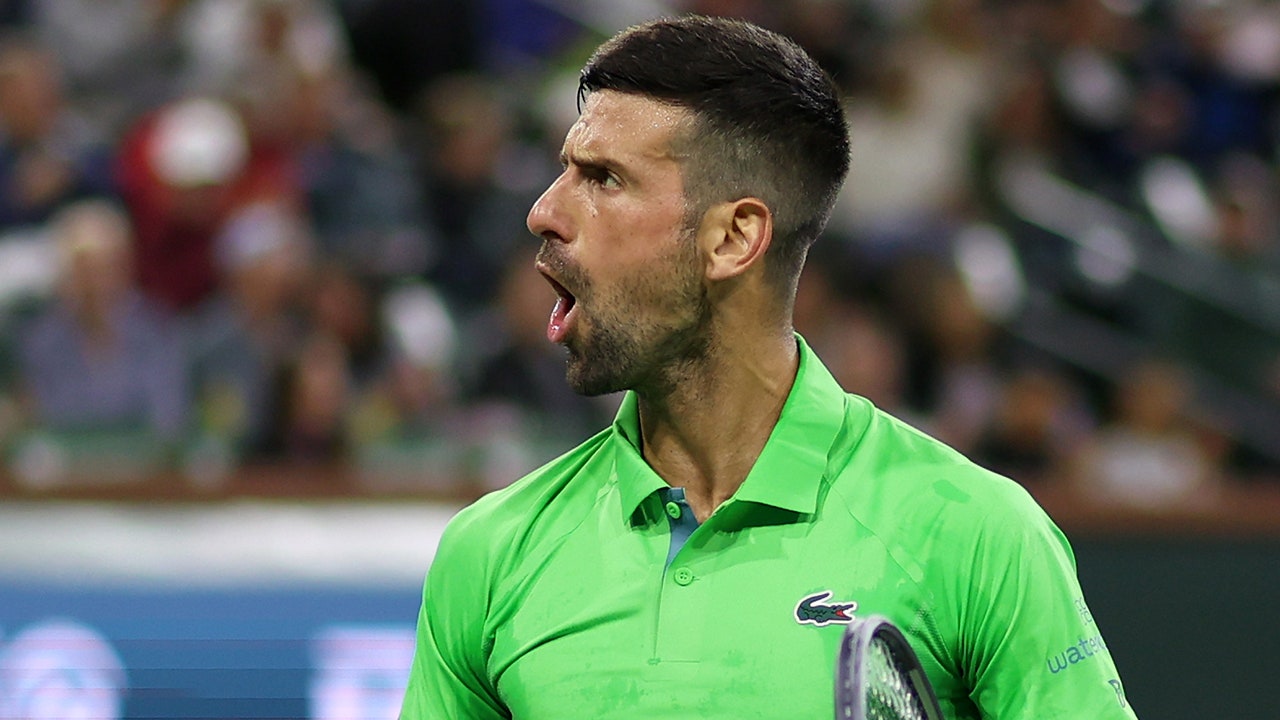[Warning: The below contains MAJOR spoilers for Season 1, Episodes 1-8 of The Staircase.]
The Staircase is a true-crime tale that’s been dissected many times in the years since Kathleen Peterson’s death, and it’s because of the story’s many twists and turns that Antonio Campos was able to deliver a riveting eight-episode scripted adaptation on HBO Max.
The writer, director, and executive producer was first introduced to the case of Michael and Kathleen when it was being considered for a movie adaptation. “I was immediately hooked,” Campos says. “I hadn’t heard about this case. I hadn’t heard about the film or the documentary series. And so, I was just riveted.” And who wouldn’t be when a woman is supposedly discovered bleeding at the bottom of a staircase by her husband who is then accused of her murder.
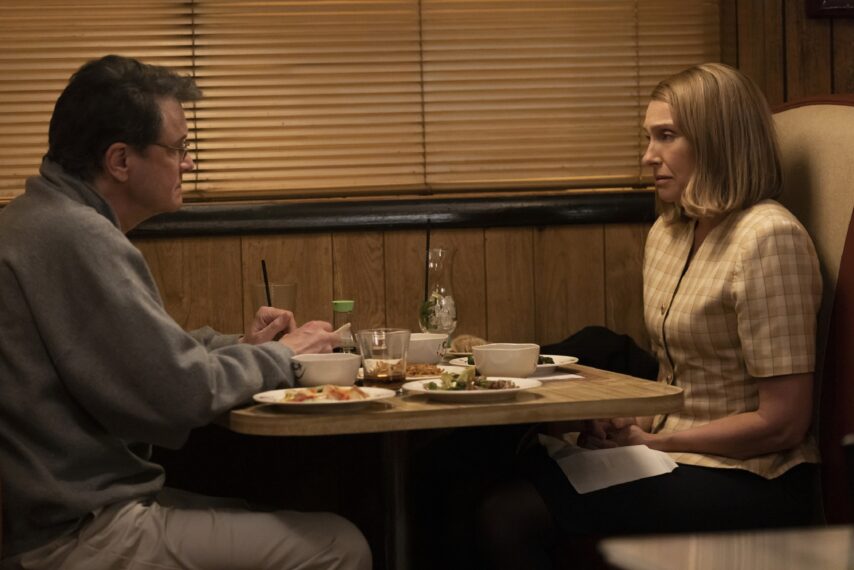
(Credit: HBO Max)
It was the case’s many facets that fascinated him along with the figure of Michael Peterson himself, expertly played by Colin Firth in the series. “I was immediately drawn to Michael Peterson as a character and the idea that these filmmakers had embedded themselves with this family for two years to cover this story,” Campos says.
But there was more to the Petersons’ tale than what was initially on the surface, “The director and the producer of the documentary do not agree on what they think happened that night and their feelings about Michael Peterson are very different,” Campos shares. “And the editor of the documentary fell in love with Michael Peterson over the course of editing from Paris.”
It was because of these “fascinating” details, that Campos was sold on translating the story for subscribers at HBO Max. What followed was a deeply layered story digging into the lives not only of the Petersons but the others involved in the case.
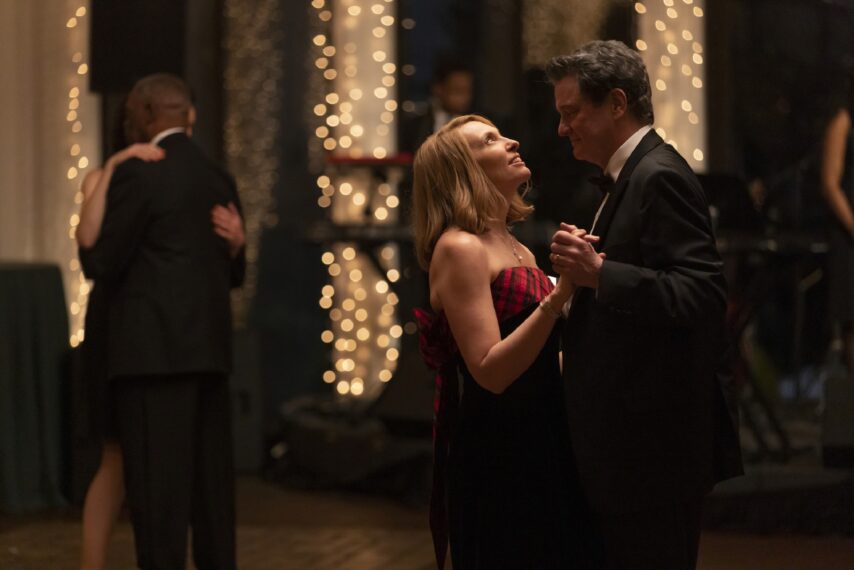
(Credit: HBO Max)
The show also introduced several different possible death scenarios explaining Kathleen’s (Toni Collette) demise. “The center of our story is that staircase, and we worked very hard to replicate the staircase, the size of it, the dimensions of it. We measured the actual staircase at 1810 Cedar. Our art department did and constructed three versions of it,” Campos explains.
“We constructed one that was clean, one that had the blood on the walls and on the steps, and then another which was a green screen staircase. And the green screen staircase was specifically to be used when we explored the night of her death and how she could have died,” Campos elaborates.
As viewers saw in the series, there were variations of Kathleen’s death that included her tripping and falling on the stairs, Michael killing her, and an owl attack that left her bloody and in a panic as she rushed for towels and slipped. It was a fine-tuned process as Campos reveals the reasoning behind creating a green staircase. “We needed to have as much control over where blood landed, and the staircase had to be cushioned in order to allow for the stunt people to perform the stunts on it. So, it was a very elaborate experiment in a way.”
“The staircase is the space that we keep coming back to, and it’s a haunted space, and it plays that way throughout the series,” Campos continues. “It is a very narrow, uncomfortable space.” And that’s reflective of this story in many ways, as the family at the center of it all is forced to endure this trauma through the years. “It’s just a big puzzle,” Campos shares and because of him all of these little pieces came together in the show.
For a full look at the Petersons story, catch the limited series streaming now on HBO Max.
The Staircase, Streaming now, HBO Max




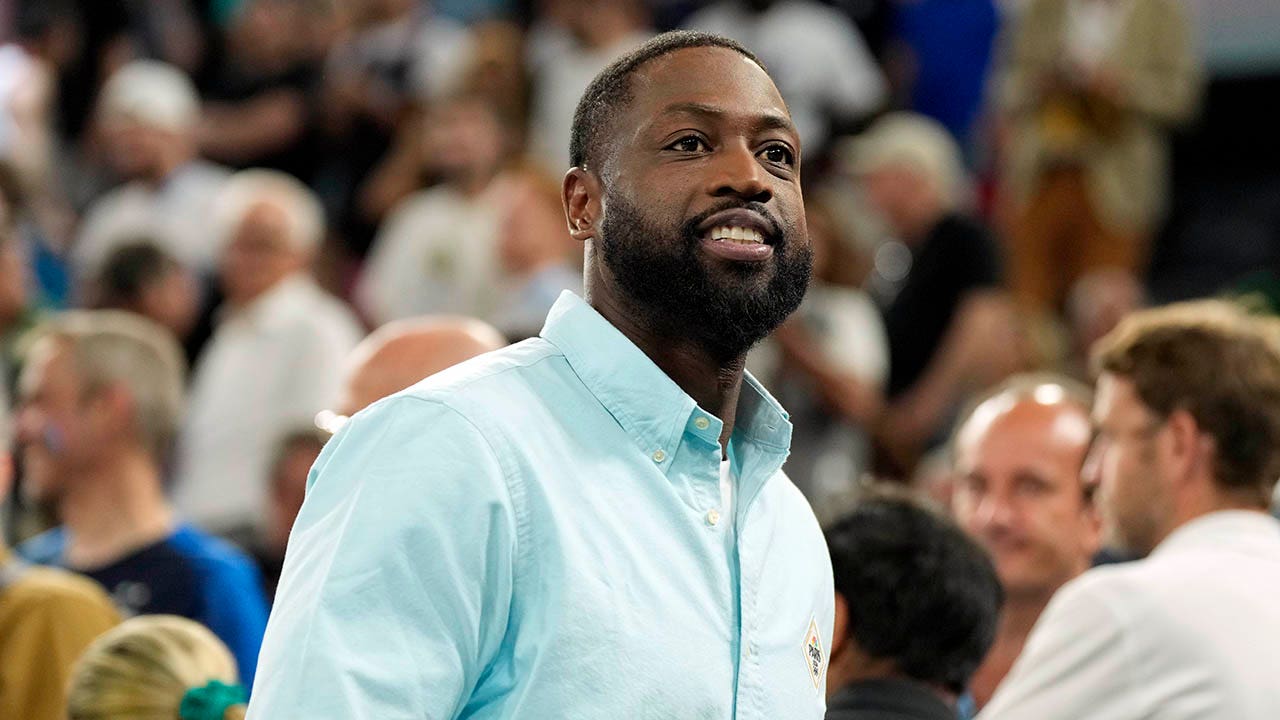


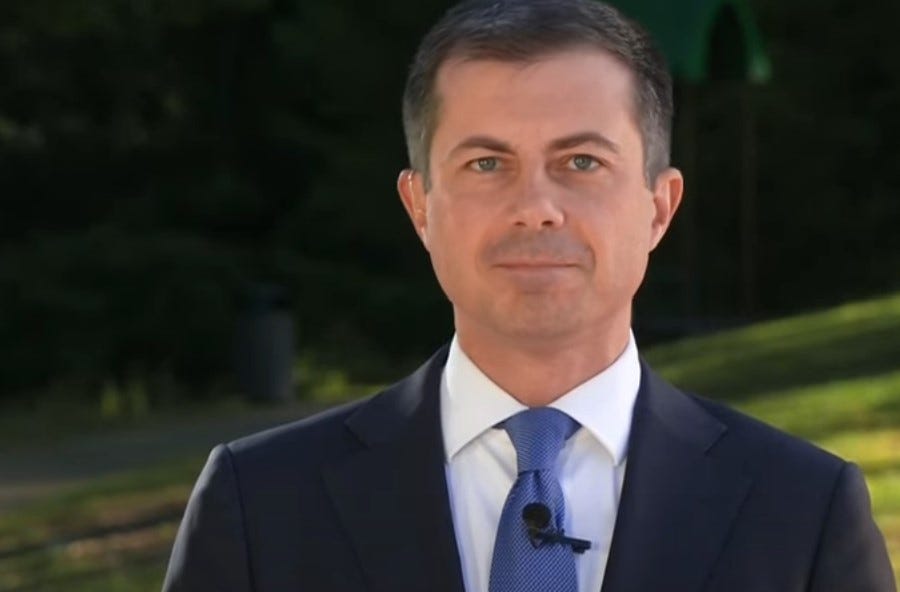
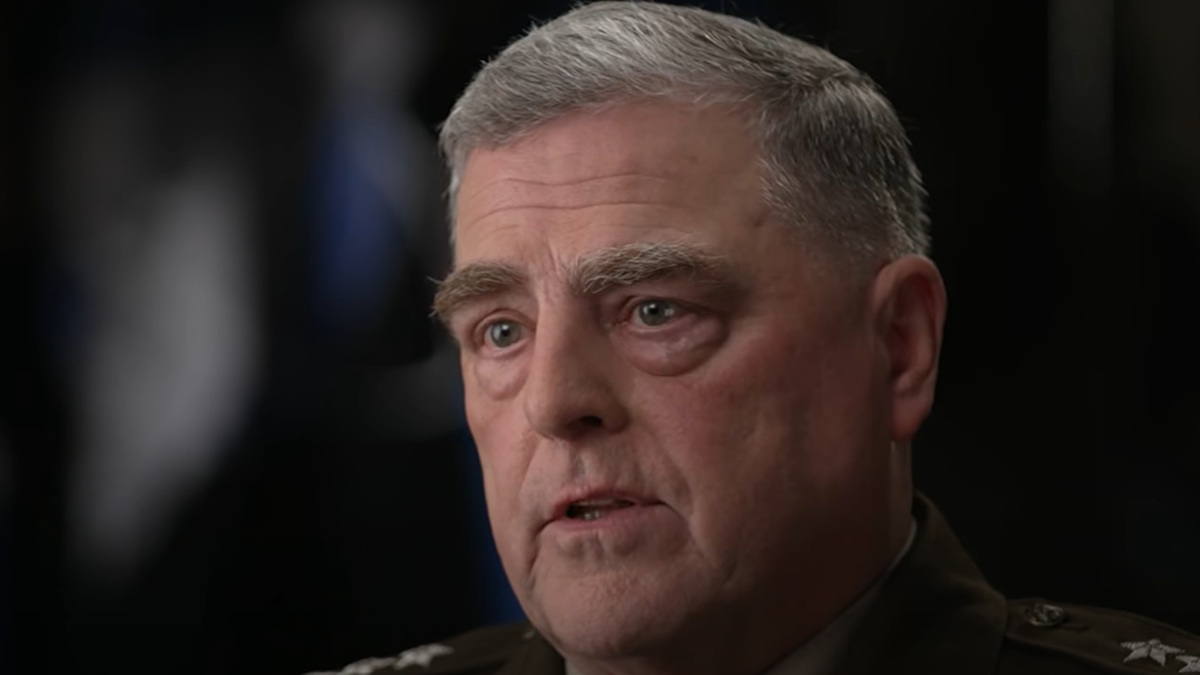













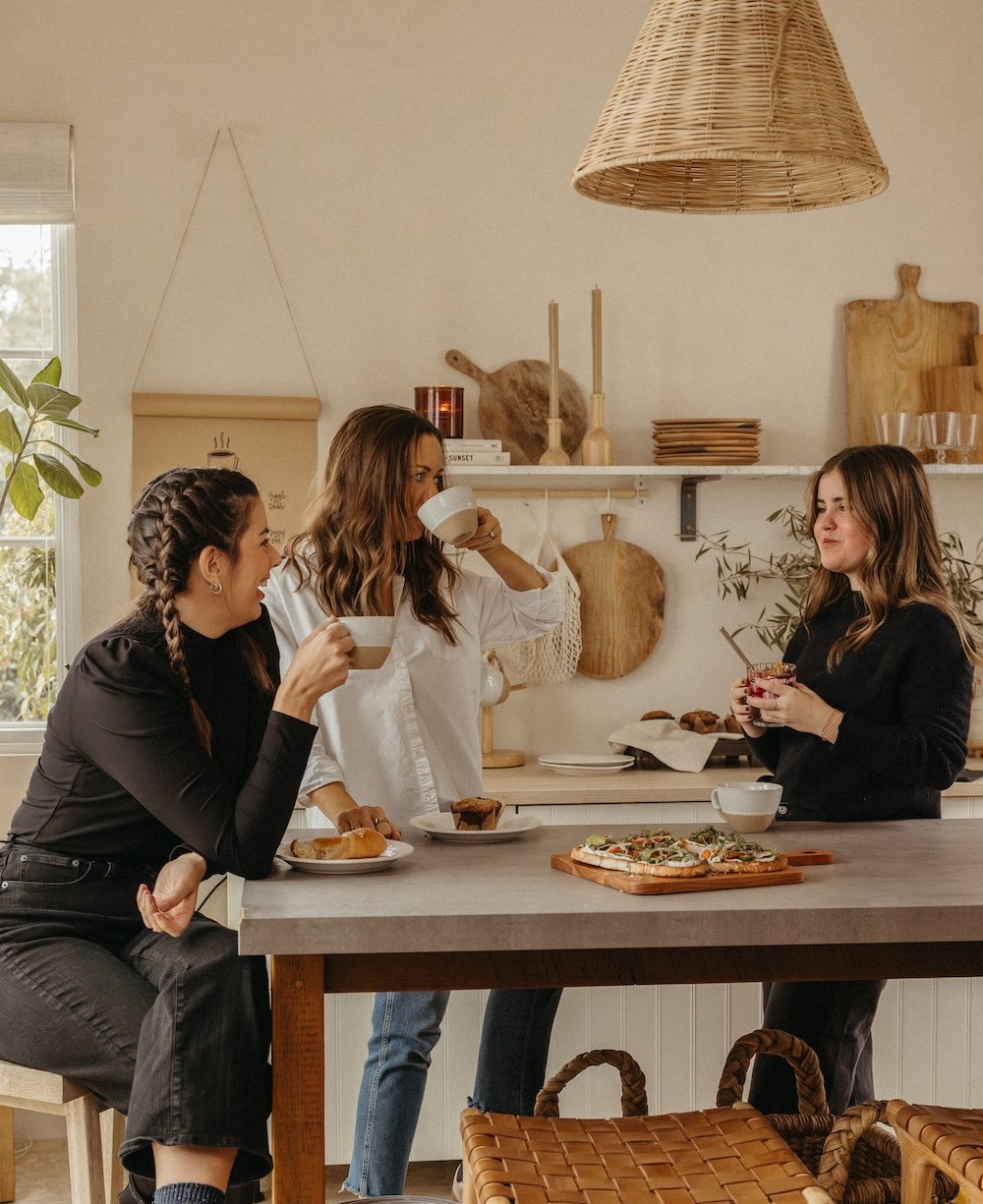






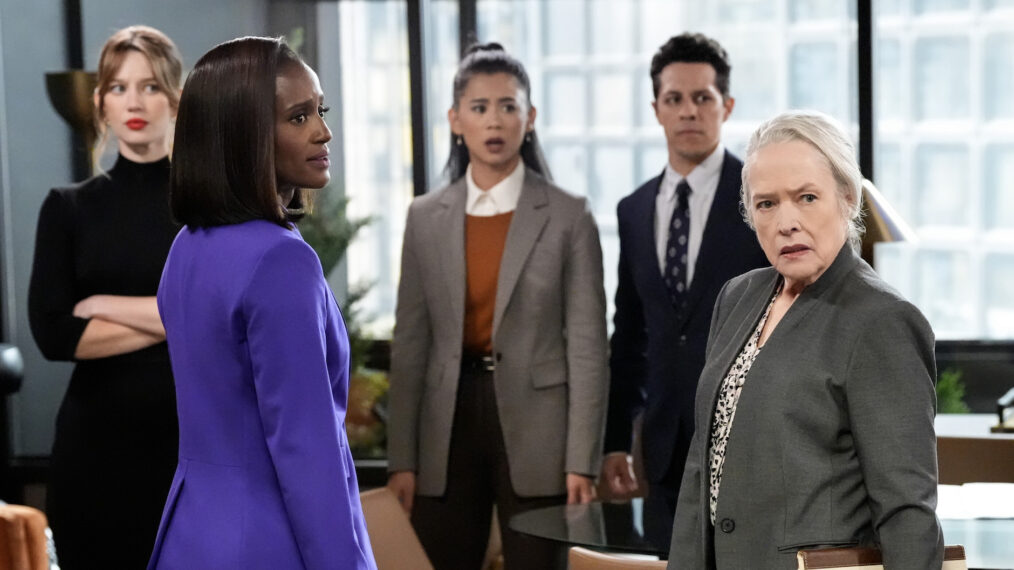









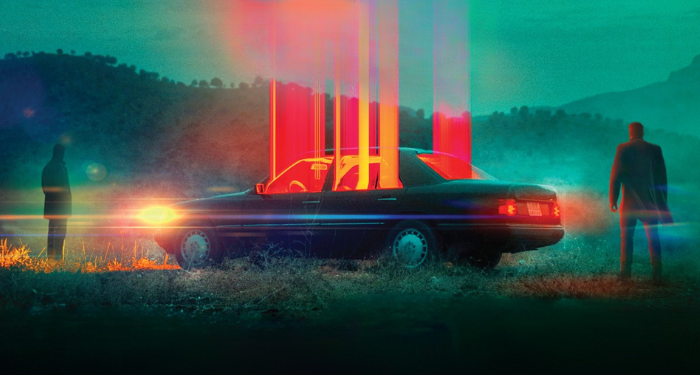
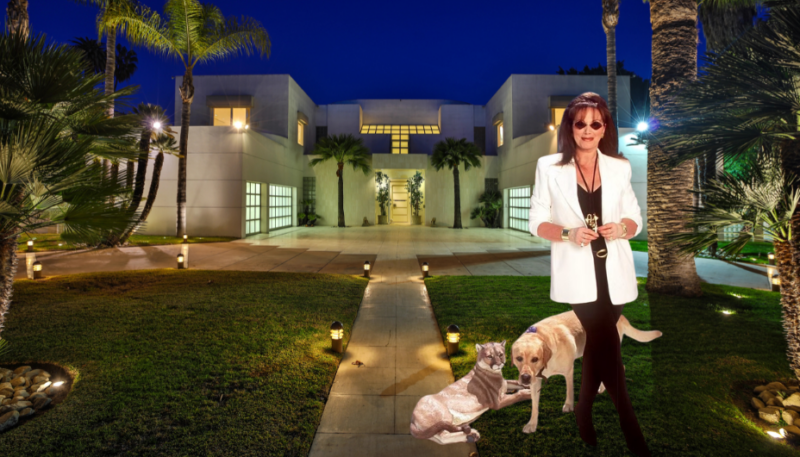

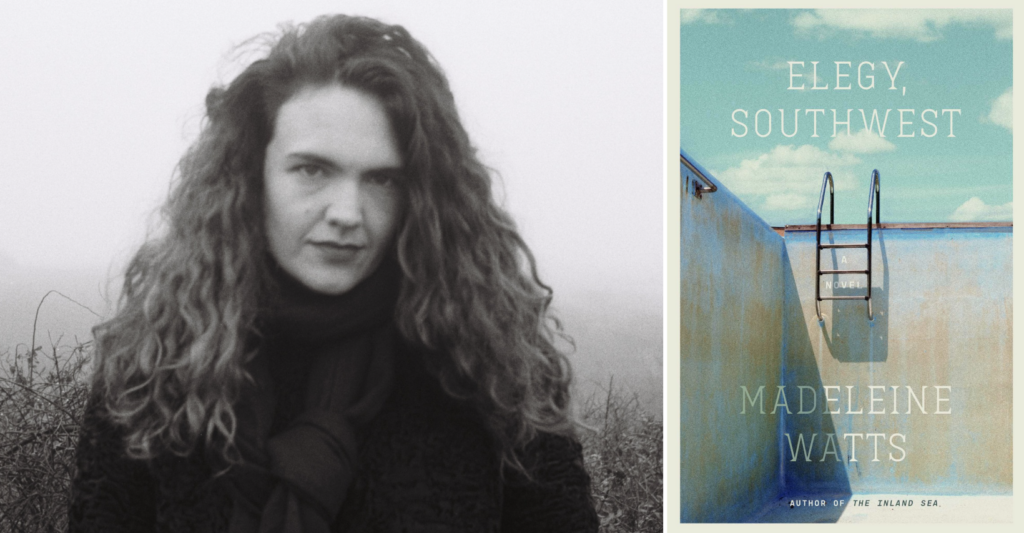

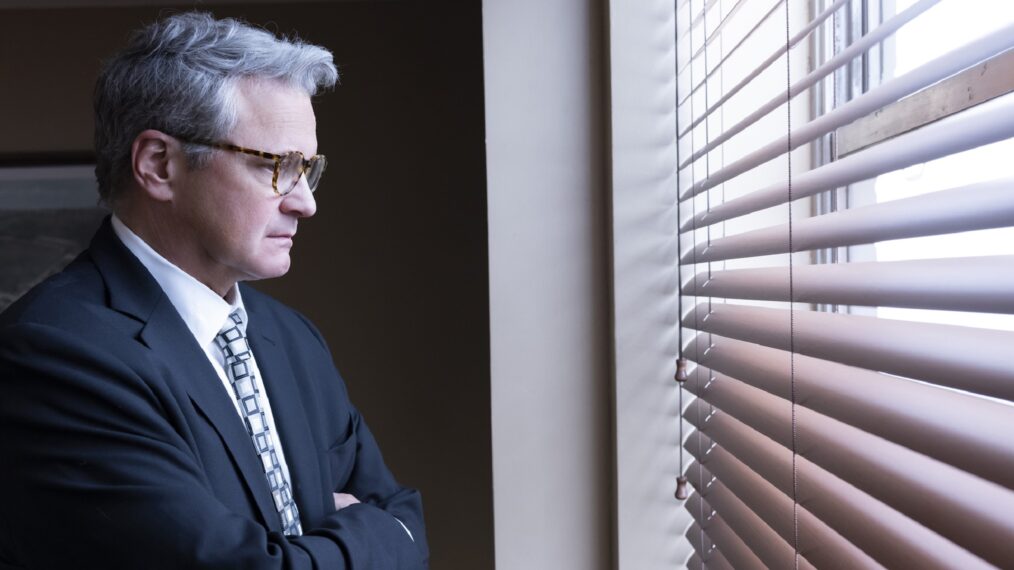



![[VIDEO] ‘Stargirl’ Season 3: Brec Bassinger Teases Murder Mystery [VIDEO] ‘Stargirl’ Season 3: Brec Bassinger Teases Murder Mystery](https://tvline.com/wp-content/uploads/2022/05/stargirl-season-3-murder-mystery.jpeg?w=620)







